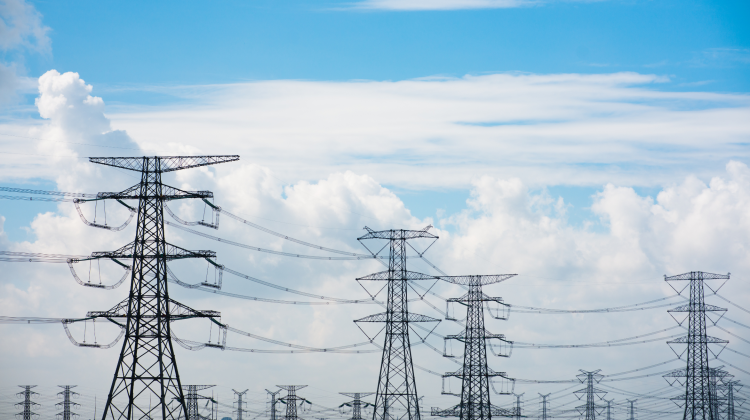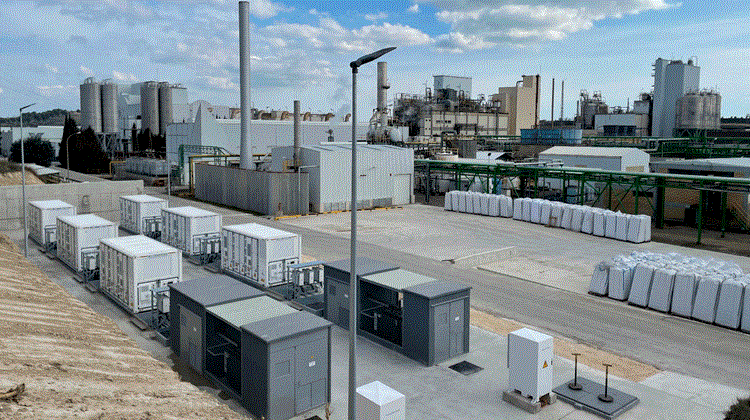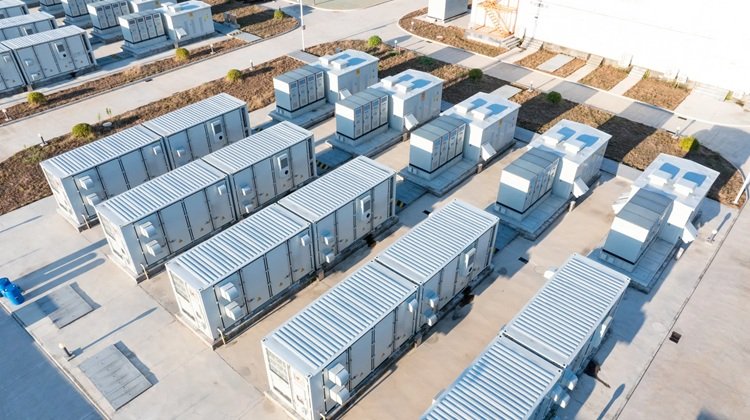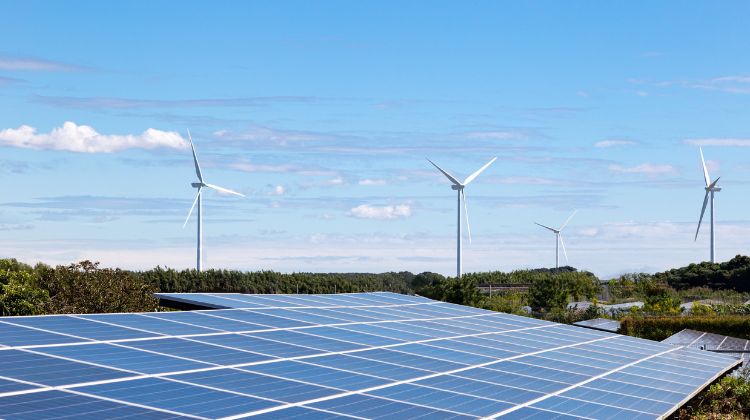Leading companies and organizations from the industrial, digital, energy, and social sectors have joined forces under the “Green and Connected Spain” alliance, with the goal of transforming the Spanish economy by promoting renewable energy, digitalization, employment, industry, and territorial cohesion, as well as strengthening Spain’s energy autonomy.
This initiative, which will be officially presented this week at CaixaForum Madrid, brings together for the first time voices from various strategic sectors and calls for increased electricity grid infrastructure as a key element to ensure sustainable industrial development and emissions reduction. Green and Connected Spain aims to position Spanish industry as a European benchmark for its contribution to economic competitiveness and strategic autonomy in the context of the green transition and digital transformation.
The alliance includes the Business Association for the Development and Promotion of Electric Mobility (AEDIVE), the Association of Energy-Intensive Companies (AEGE), the Association of Electric Energy Companies (AELEC), the National Association of Automatic Packaging Manufacturers (ANFEVI), the Association of Renewable Energy Companies (APPA), BOSCH, Cabify, Carrefour, Iberdrola España, ANGED (Retail Association), Legados, OIKOS, Microsoft, Moeve, Sidenor, and Talento para la Sostenibilidad.
This platform is the result of more than half a year of dialogue and knowledge-sharing among over 70 entities, business associations, and representative organizations from strategic sectors of the economy and civil society.
Alejandro Labanda, spokesperson for the alliance, emphasized: “This alliance is not a sectoral lobbying platform, but rather a nationwide proposal with an inclusive vision. We aim to align efforts among public administrations, businesses, and civil society to make Spain a leading industrial and digital hub in Southern Europe. We are working decisively to ensure Spain not only takes part but plays a leading role in this transformation.”
The alliance is founded on the belief that Spain has a unique opportunity in its renewable energy resources to achieve a sufficient level of strategic autonomy, strengthen its economic model, enhance its competitiveness, and advance reindustrialization through green and digital transformation. However, structural barriers—such as limited access to the electricity grid, administrative complexity, and an unfavorable energy tax framework—are hindering the development and deployment of many industrial projects. In 2024, 49% of the requested power capacity for new electricity projects was rejected due to insufficient grid capacity, with corresponding negative economic impacts.
Against this backdrop, the alliance members have developed a position paper outlining a realistic roadmap to unlock the necessary investments for reindustrializing Spain by leveraging the competitive advantage of renewable energy prices. These proposals include streamlining administrative procedures, establishing a tax framework for electricity aligned with the goal of reducing dependency, optimizing the use of existing grid infrastructure, planning new strategic infrastructure, setting a rate of return on grid investments in line with neighboring countries to make them viable, and reserving grid connection capacity for key, high-impact projects.
The alliance also highlights the need to fully harness the job creation potential linked to the green and digital transition and to ensure that this industrial transformation contributes to territorial cohesion, especially in rural areas. According to estimates, investments planned in the National Energy and Climate Plan (PNIEC) could generate between 250,000 and 350,000 new jobs by 2030—many in areas in need of economic revitalization. This process could also attract more than €200 billion in green and digital investments, boost hundreds of new industries, and reduce more than 150 million tons of CO₂, consolidating Spain’s climate and energy leadership in Europe.


























